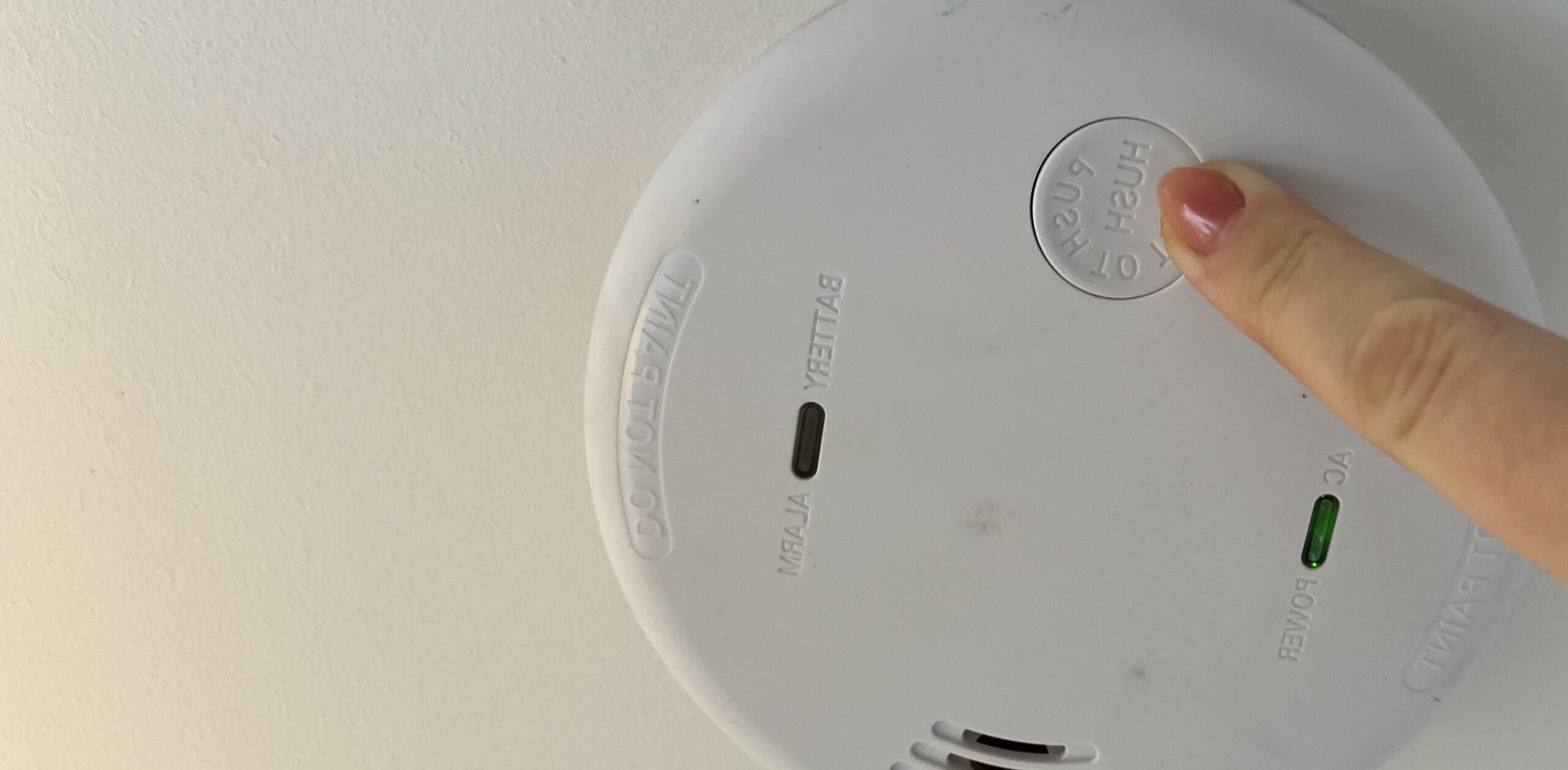Fire starting behaviour in children
Worried about a young person setting fires? If a young person you know shows a fascination with fire or has started fires, our specialist intervention team can help.
In an emergency always call 999

It's the easiest way to stay safe from fire